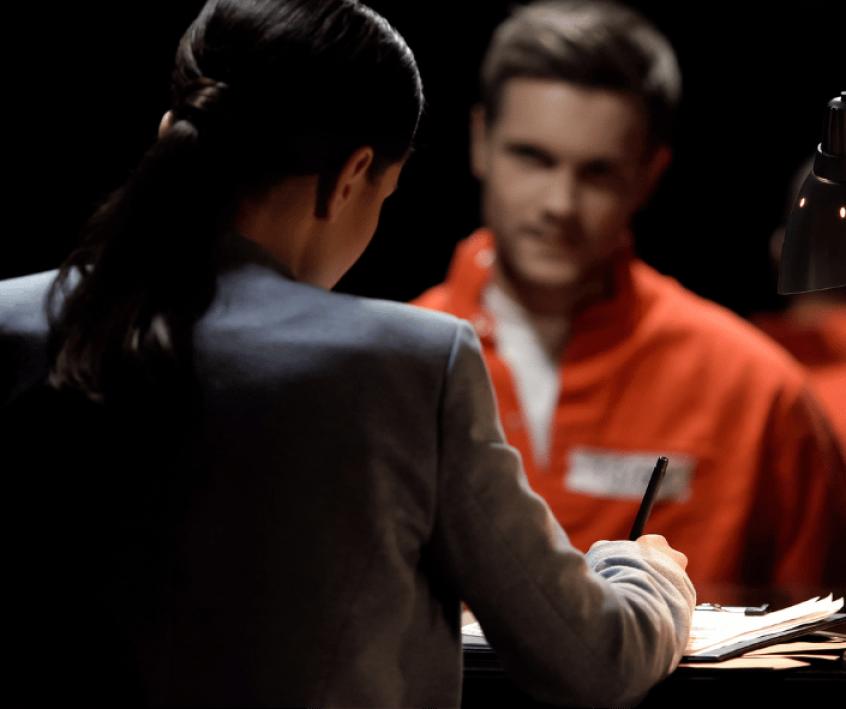
If your criminal case goes to trial, it’s important to understand what to expect. A criminal defense lawyer can guide you through each phase of the trial, from jury selection to the final verdict, ensuring your rights are protected every step of the way.
One of the first steps in a criminal trial is jury selection. The prosecution and defense both have the opportunity to question potential jurors to ensure that they can be impartial and fair. A skilled criminal defense lawyer will carefully review the potential jurors, seeking to eliminate any who may be biased against the defendant.
Once the jury is selected, both sides will present opening statements. The prosecution will outline their case, while the defense will provide an overview of their argument. Following the opening statements, each side will present evidence to support their position. This may include testimony from witnesses, expert opinions, and physical evidence.
During the trial, the defense lawyer will have the opportunity to cross-examine prosecution witnesses. The goal is to challenge the credibility and reliability of their testimony. A criminal defense lawyer will highlight inconsistencies, question motives, and expose weaknesses in the prosecution’s case. Their aim is to create reasonable doubt in the minds of the jury.
Once all evidence has been presented, both sides will make closing arguments. The defense will summarize why the evidence does not support a conviction. The prosecution will restate why they believe the defendant is guilty. After the closing arguments, the jury will deliberate and return a verdict. If found guilty, a sentencing hearing will follow, where the judge will impose a sentence based on the charges and circumstances of the case.